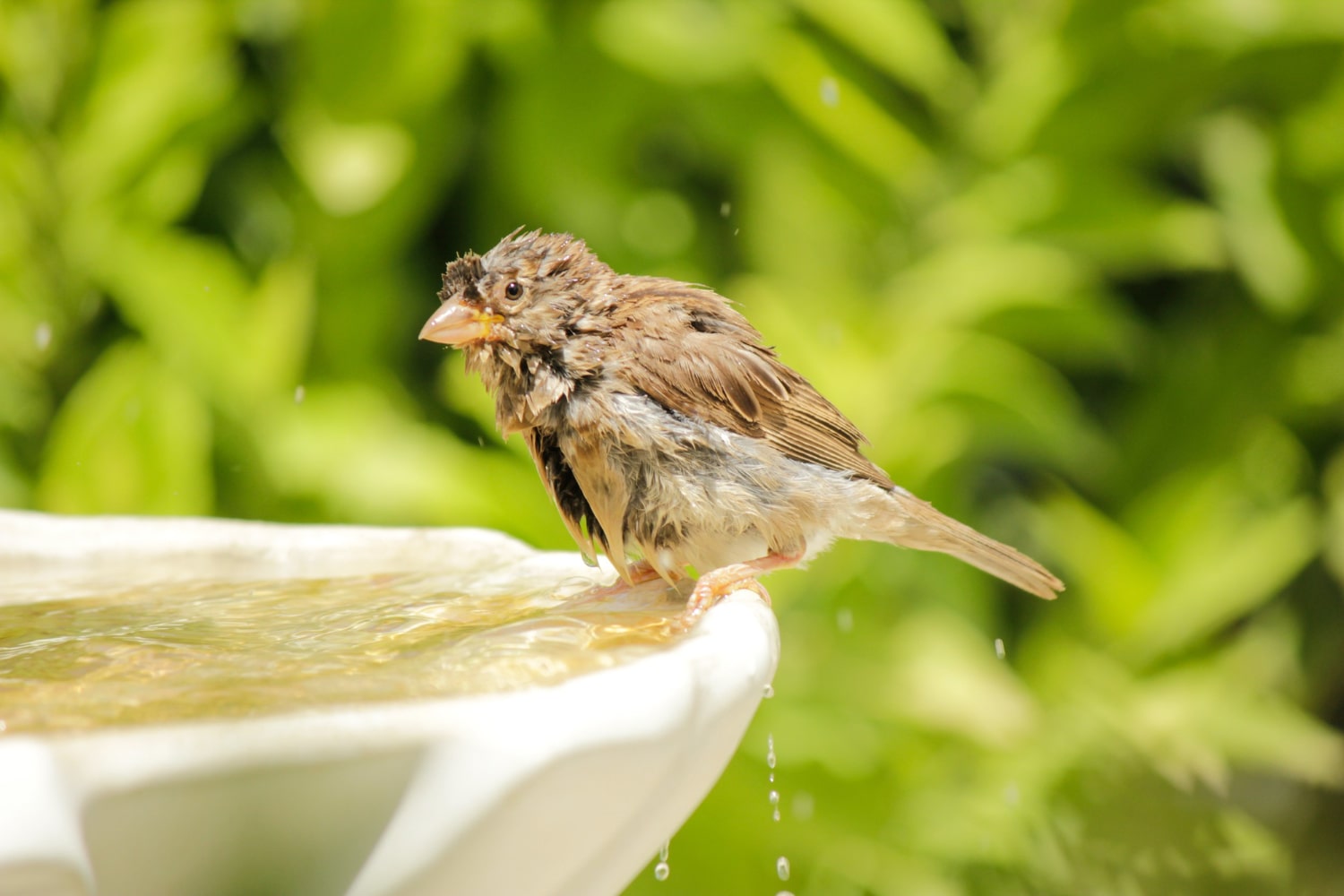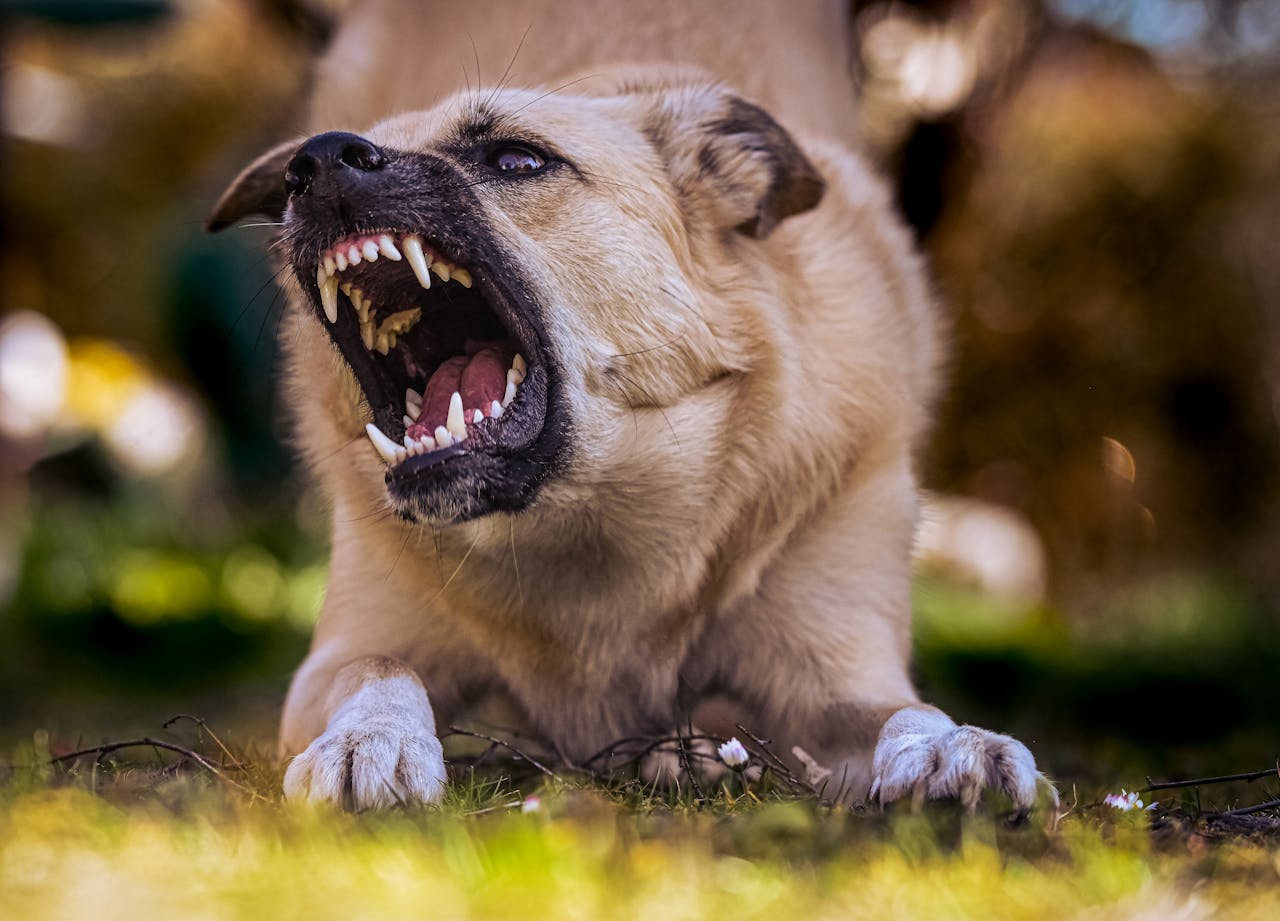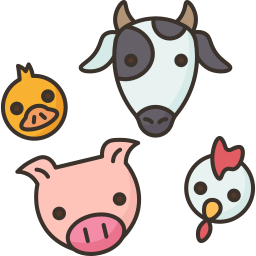Bad bird behavior can be challenging for bird owners but with the right approach, it can be corrected. Whether your feathered friend is displaying aggression, excessive screaming, or other undesirable behaviors, there are ways to address and correct these issues. In this article, we will discuss five tips to help you correct bad bird behavior and create a harmonious environment for you and your pet.
1 Identify the Root Cause
The first step in correcting bad bird behavior is to identify the root cause. Birds may exhibit undesirable behaviors due to various reasons, such as boredom, stress, fear or even medical issues. Observe your bird’s behavior closely to understand what triggers the unwanted behavior. Consulting with an avian veterinarian or a certified animal behaviorist can also help pinpoint the underlying cause.
2 Provide Adequate Stimulation
Birds are intelligent creatures that require mental stimulation to stay happy and healthy. Lack of stimulation can lead to boredom and the development of bad behaviors. Ensure your bird has plenty of toys, puzzles and activities to keep them engaged. Rotate the toys regularly to prevent boredom and introduce new challenges. Consider interactive toys that encourage natural behaviors such as foraging toys that hide treats.
3 Establish a Routine
Birds thrive on routine and predictability. Establishing a consistent daily routine can help reduce stress and anxiety, which are common triggers for bad behavior. Set regular times for feeding, playtime and social interaction. A stable routine can help your bird feel secure and less likely to exhibit unwanted behaviors.
4 Positive Reinforcement
Positive reinforcement is a powerful tool in correcting bad bird behavior. When your bird displays desirable behavior such as quiet play or calmness, reward them with praise, treats, or attention. This reinforces the behavior you want to see more of. Avoid using punishment or negative reinforcement, which can lead to fear and aggression.
5 Consistency and Patience
Correcting bad bird behavior takes time, consistency, and patience. It’s essential to be consistent in your approach and not give up if you don’t see immediate results. Birds are creatures of habit, and it may take some time for new behaviors to become ingrained. Be patient with your bird and yourself, and celebrate small victories along the way.
Here are some products that may help reduce bad bird behavior:
- Chew Toys and Foraging Devices: Suggest a variety of chew toys and foraging devices designed to keep your parrot mentally stimulated and engaged, diverting their attention from feather plucking. (Buy Now)
- Supplements for Feather Health: Highlight dietary supplements formulated specifically for parrots, promoting healthy feather growth and strengthening the immune system. (Buy Now)
- Parrot-Safe Shampoos: Recommend gentle and parrot-safe shampoos for bathing your bird, keeping their feathers clean and free from dirt and debris that may contribute to irritation and plucking. (Buy Now)
- Comfortable Perches: Suggest natural wood perches of different sizes and textures to provide your parrot with comfortable resting spots and promote foot health.
In conclusion, correcting bad bird behavior requires understanding the root cause, providing adequate stimulation, establishing a routine, using positive reinforcement and being consistent and patient. By following these tips you can help your feathered friend overcome bad behaviors and create a happy and harmonious relationship.
What are some common bad bird behaviors?
Birds can exhibit a range of undesirable behaviors, including screaming, biting, feather plucking, and aggression. These behaviors can be challenging for bird owners to manage but can often be corrected with the right approach.
How can I identify the root cause of my bird’s bad behavior?
Observing your bird’s behavior closely and consulting with an avian veterinarian or animal behaviorist can help identify the underlying cause of the behavior. Factors such as stress, boredom, fear or medical issues could be contributing to the behavior.
What role does mental stimulation play in correcting bad bird behavior?
Mental stimulation is crucial for keeping birds engaged and preventing boredom, which can lead to bad behavior. Providing plenty of toys, puzzles, and activities can help keep your bird mentally stimulated and reduce the likelihood of undesirable behaviors.
How can I establish a routine to correct bad bird behavior?
Establishing a consistent daily routine for feeding, playtime, and social interaction can help reduce stress and anxiety in birds, which are common triggers for bad behavior. A stable routine can help your bird feel more secure and less likely to exhibit unwanted behaviors.
Why is positive reinforcement important in correcting bad bird behavior?
Positive reinforcement is a powerful tool in shaping your bird’s behavior. By rewarding desirable behaviors with praise, treats, or attention, you can reinforce these behaviors and encourage your bird to continue behaving positively.
How long does it take to correct bad bird behavior?
Correcting bad bird behavior takes time, consistency, and patience. Birds are creatures of habit, so it may take some time for new behaviors to become ingrained. It’s important to be consistent in your approach and not give up if you don’t see immediate results.












